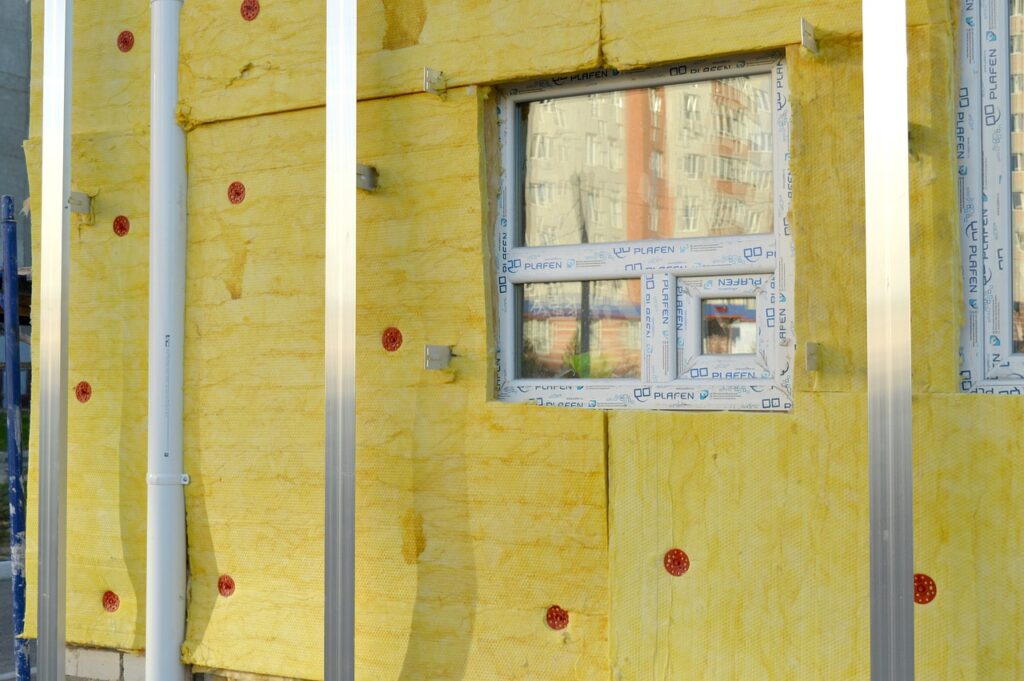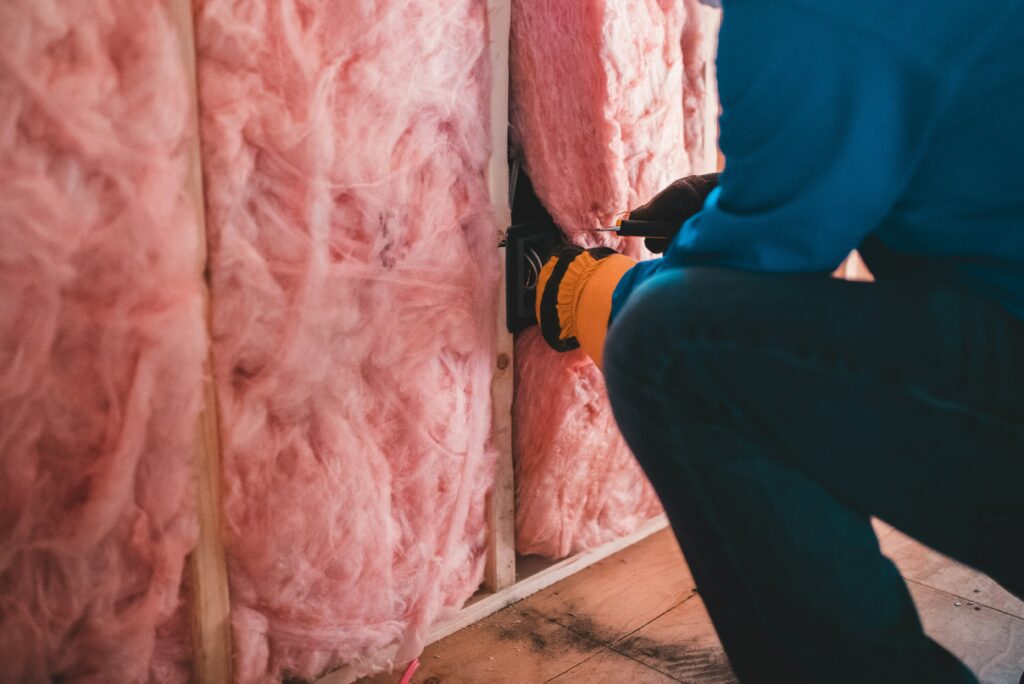In the quest for a more energy-efficient and comfortable living environment, proper insulation emerges as a pivotal factor. It acts as a barrier, minimizing the exchange of heat through the walls, roof, and floors of a home. This not only ensures that your living space maintains a consistent temperature throughout the year but also significantly reduces energy consumption. By understanding the role and effectiveness of insulation, homeowners can make informed decisions that lead to improved comfort levels and considerable savings on utility bills. This article aims to shed light on the fundamental aspects of insulation and its impact on enhancing overall home efficiency.
Types of Insulation
The market offers various types of insulation, each with its unique properties and applications. The most common include fiberglass, cellulose, foam board, and spray foam insulation. Fiberglass, made from fine glass fibers, is widely used for its affordability and ease of installation. Cellulose, a more eco-friendly option, is created from recycled paper products and is excellent for reducing airflow.
Understanding the specific needs of your home is crucial in selecting the right type of insulation. The climate, house design, and existing insulation play significant roles in this decision. Consulting with insulation professionals can provide insights into the most effective materials and methods for your situation. The folks at aeonenergy note that new homes are typically built with proper insulation, but older homes may require an upgrade to improve efficiency. It’s also essential to consider the R-value, which is a measure of the insulation’s resistance to heat flow. The higher the R-value, the better its insulating capabilities.
Importance of R-Values
R-value is a measurement of insulation’s resistance to heat flow. The higher the R-value, the better the material insulates. Different parts of a home, like the attic, walls, and floors, require insulation with specific R-Values to achieve optimal energy efficiency.
Choosing the correct R-value is not only about maximum insulation. It’s about balancing cost, space, and efficiency. For example, while higher R-value materials might offer superior insulation, they may also be more expensive and require more space. Homeowners must evaluate their needs and constraints to make the best choice.
DIY vs. Professional Installation
Many homeowners contemplate whether to install insulation themselves or hire professionals. DIY insulation can be more cost-effective, especially for projects like adding batt insulation to an attic. However, it requires a significant amount of research and physical work. Safety measures, proper installation techniques, and understanding building codes are essential considerations.
On the other hand, professional insulation installers bring expertise, experience, and access to higher-quality materials. For more complex projects, such as spray foam insulation, hiring professionals ensures the job is done correctly and efficiently. Weighing the cost against the benefits of professional work is crucial for homeowners.
Enhancing Home Efficiency Beyond Insulation
While insulation plays a critical role in home efficiency, other strategies can further reduce energy consumption. Sealing leaks around doors, windows, and ductwork complements insulation by preventing air exchanges. Installing energy-efficient windows and doors also adds to the effectiveness of a home’s insulation system.
Another key aspect is the use of smart thermostats, which optimize heating and cooling systems. Such devices learn the household’s patterns and make adjustments to save energy without compromising comfort. Integrating these measures with proper insulation maximizes energy savings and comfort.
Ongoing Maintenance and Upgrades
Insulation does not require frequent maintenance, but periodic checks can help identify issues like moisture accumulation or pest infestation, which compromise its effectiveness. Especially in older homes, upgrading insulation can significantly enhance energy efficiency and comfort.
Regularly assessing the performance of your insulation and staying informed about newer, more efficient materials can lead to timely upgrades. Enhancing insulation in conjunction with other energy-saving renovations can dramatically improve a home’s comfort and reduce utility bills. It’s essential to keep up with maintenance and upgrades to ensure optimal insulation performance. When in doubt, consulting with professionals can provide valuable insights and guidance.

Proper insulation is a crucial component in achieving an energy-efficient and comfortable living space. Understanding the types of insulation, R-values, installation methods, and ongoing maintenance can help homeowners make informed decisions that lead to significant savings on utility bills. Along with other energy-saving strategies, proper insulation can drastically enhance the overall efficiency of a home. It’s never too late to invest in proper insulation and reap the benefits for years to come. Make sure your home is properly insulated and enjoy a more comfortable and energy-efficient living environment. With the right insulation, you can make your home a cozy sanctuary all year round. By taking the time to research and consult with professionals, homeowners can make informed decisions that lead to improved comfort and energy savings. So why wait? Start exploring your insulation options today!


